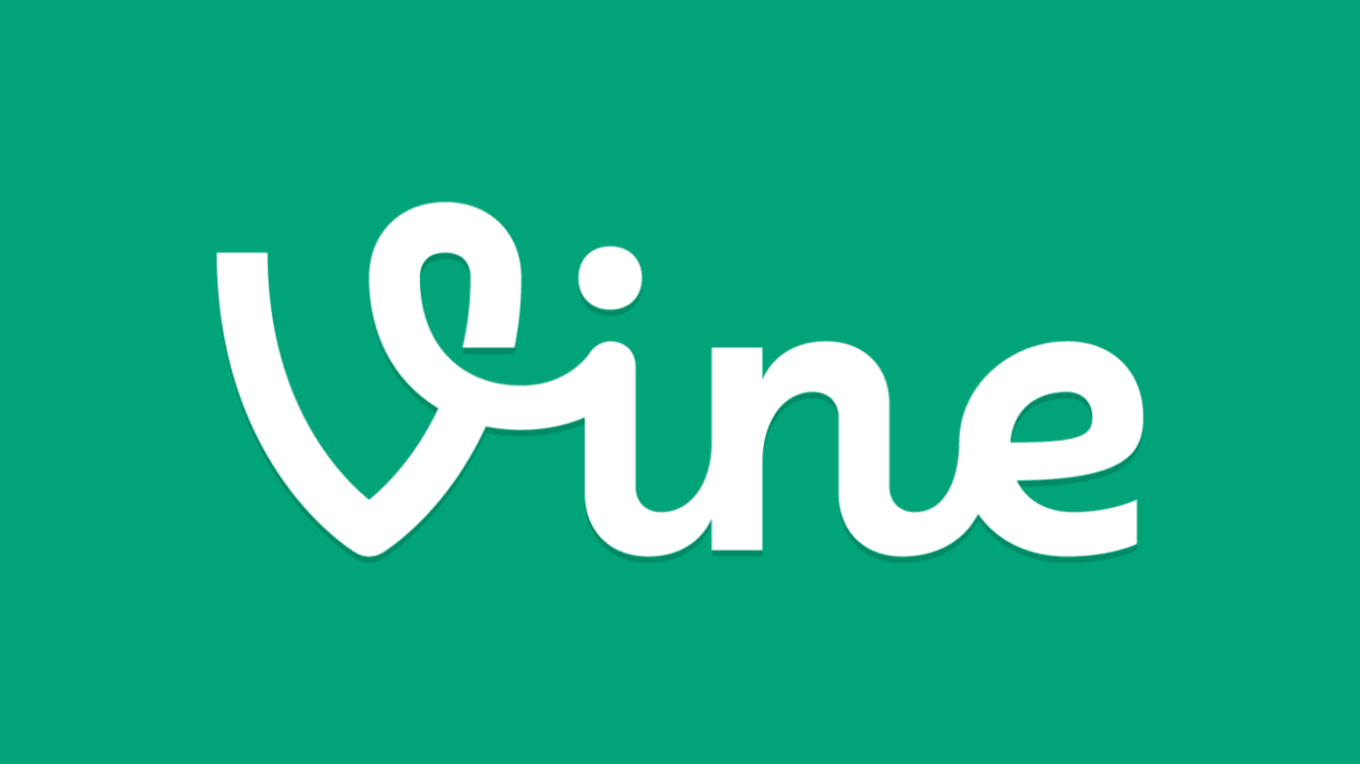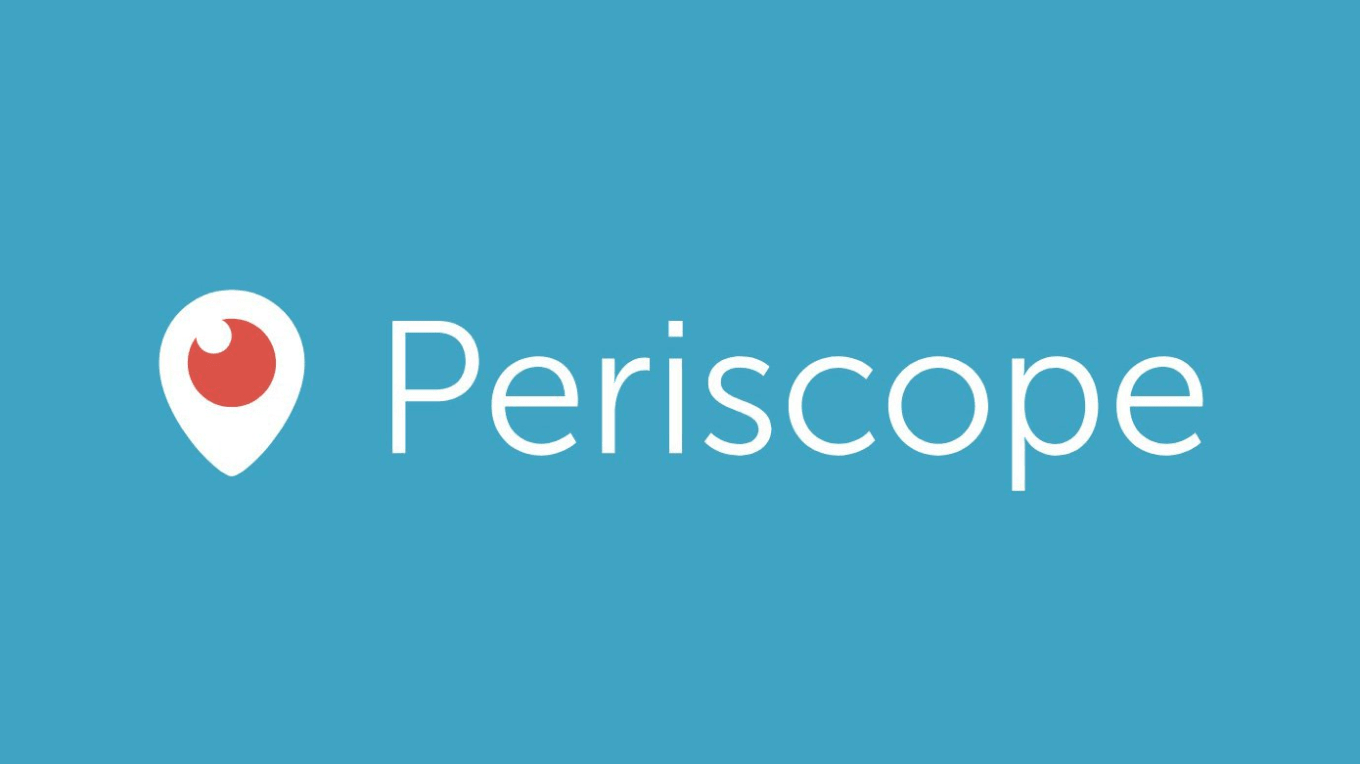Table of Contents
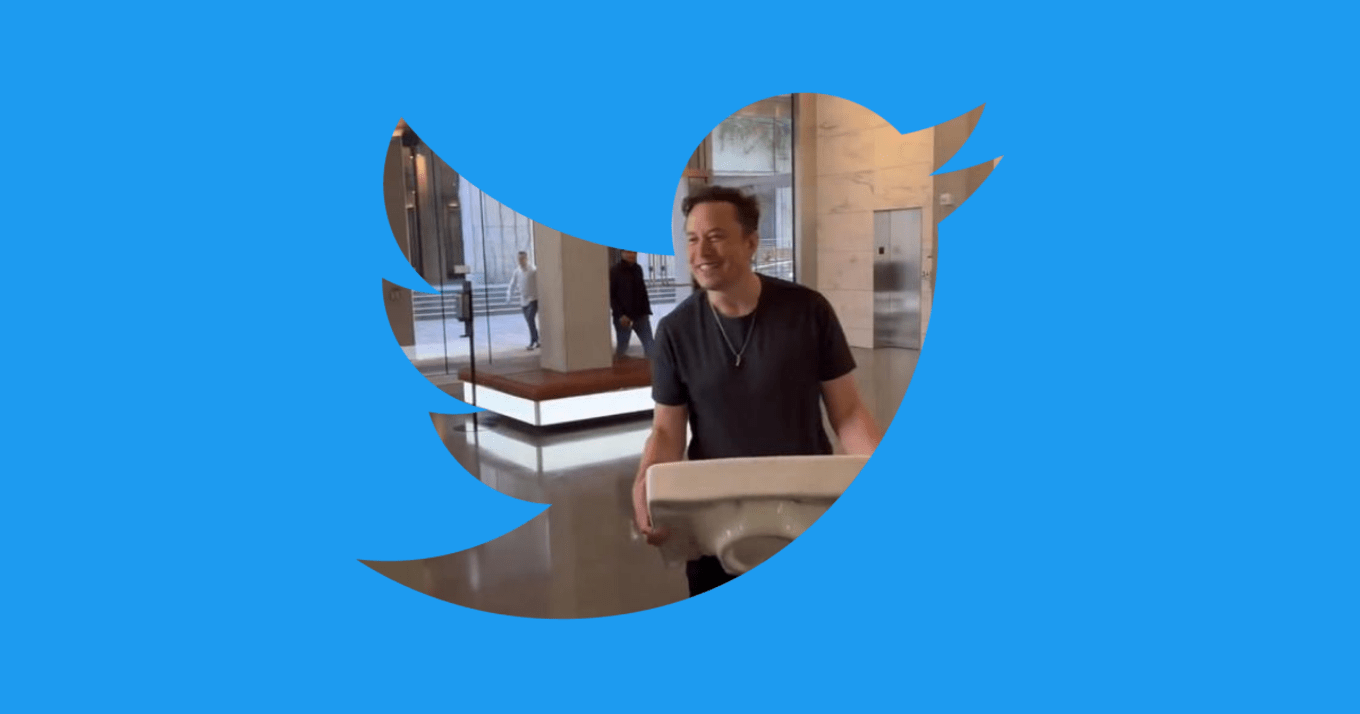
You'd think spending $44b would mean you're purchasing a compelling tangible good, right?
Alas, I find Twitter so technologically unremarkable I'm writing a whole essay about it, so here we go.
Caveats before proceeding:
- 👩💻 Not every employee is an engineer responsible for the product Twitter provides
- 🤝 I'm critiquing the company and platform, not the employees
- 🥁 I'm not saying Twitter is worthless, though it's undoubtedly worth less
My thesis is that despite employing ~7.5k people and having tens of billions of dollars in market capitalization, Twitter has failed to provide an innovative platform that serves the needs of its users.
I will dig into why I believe that to be the case.
An incredibly brief history of communication on the internet
At the heart of Twitter is an online forum where people can share, discuss, and find content.
Did you know online forums have existed since the 1970s?
Communicating and sharing between people has been a central focus of the internet since its inception.
Over the past fifty years, we've had various iterations and innovations in the digital communication space. Bulletin boards, forums, chat, mailing lists, email, social media platforms, and multimedia content sharing have all eliminated friction in communication between humans.
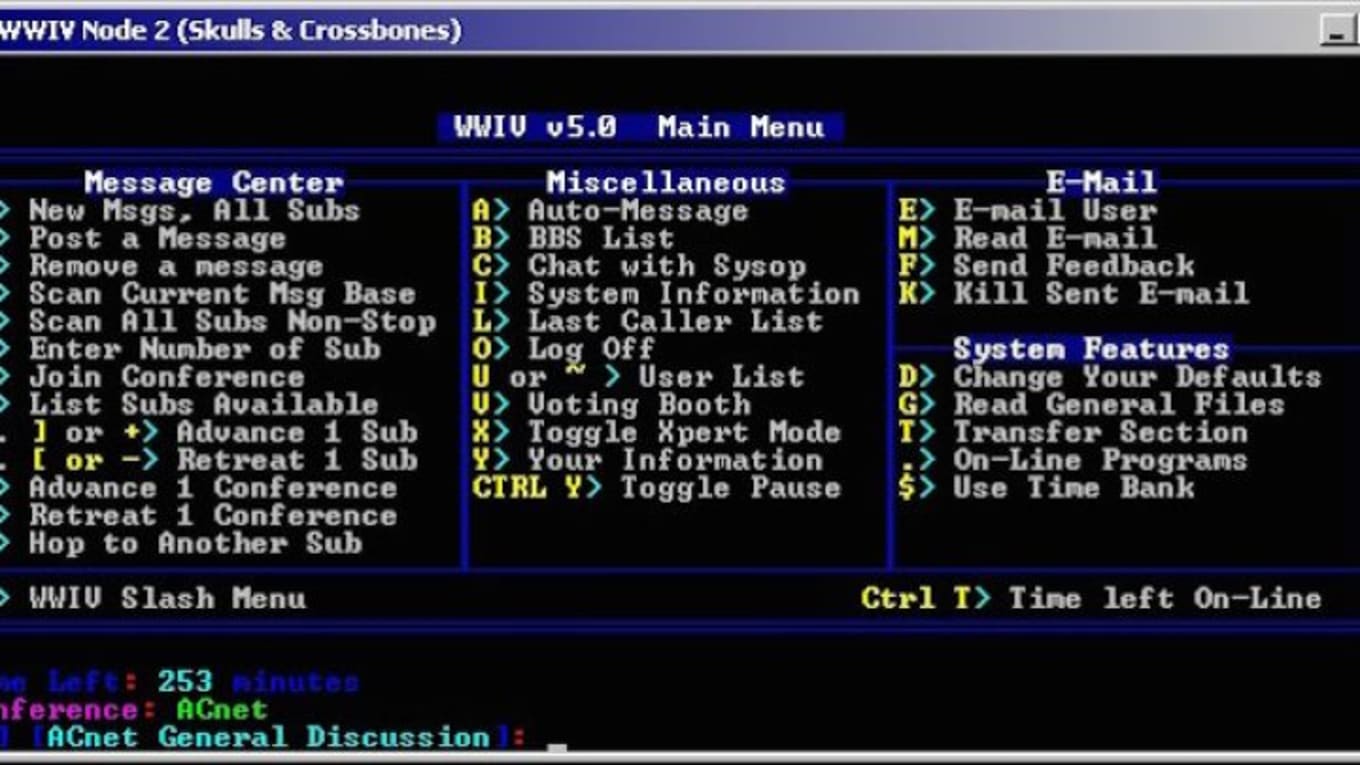
Source: Gizmodo
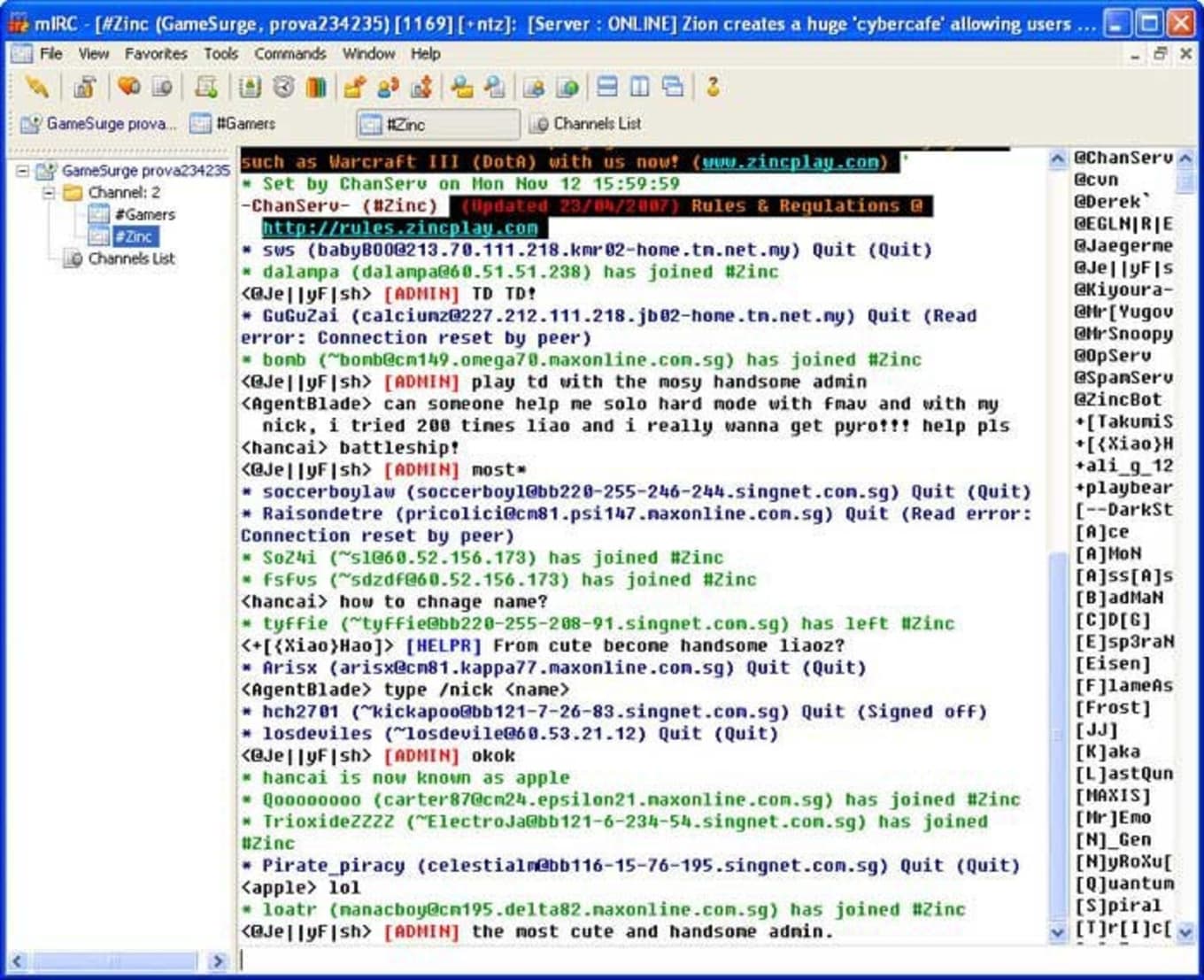
Source: GeezeZone
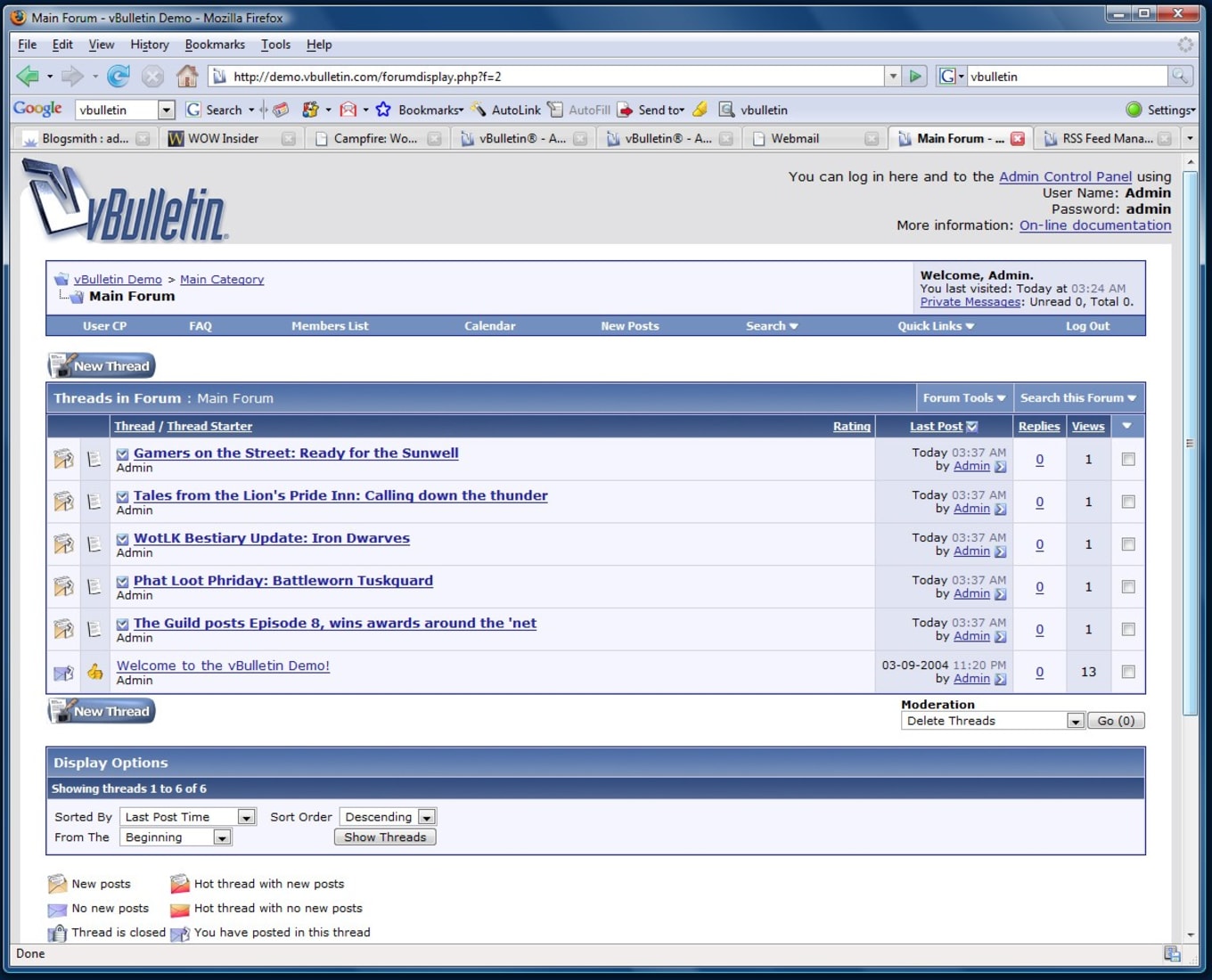
Source: Reddit
Humans have an intrinsic desire to share and connect, so it makes sense that revolutionary technologies like computers and the internet inspired new means of communicating and sharing.
The internet is all about sharing and connecting.
And buying things. Can't forget that.
Twitter enters the ring
Building upon decades of prior innovation, we received Twitter in 2006 🐦
- 📰 Twitter made sharing and consuming content frictionless
- 💬 Twitter made connecting with strangers fun
- 🆕 Twitter's feed kept us plugged into the app
Most of all, Twitter rode a wave of momentum from the smartphone revolution, which was happening at the same time.
Having a device in our pockets that provided access to the internet meant we could stay plugged into the almighty Twitter feed 📱
Without the smartphone revolution, Twitter would have been just another social sharing trend confined to personal computers and likely wouldn't have reached such heights.
But timing is everything, so Twitter became the Goliath it currently is. However, despite becoming a social media Goliath, Twitter has remained remarkably unremarkable.
Twitter has failed to innovate beyond existing standards set by early internet communication software and beyond standards set by itself during its rise in popularity.
How has Twitter changed the way we communicate online?
- #️⃣ Grouping content with hashtags?
- 🔢 Limiting content sharing by character count?
- 🆕 Surfacing "what's happening" by aggregating popular topics?
- 🆒 Encouraging politicians to become social media stars?
Much of what Twitter offered in 2006 were old solutions in a shiny new format ✨
Granted, the shiny new format was, and still is, fun and compelling. Hell, there's a reason I originally wrote this on Twitter!
But in the 16 years since its inception, how has Twitter innovated?
Twitter's relationship with innovation
Hashtags
While Twitter provided the platform that allowed hashtags to flourish as a way of adding metadata to posts, it didn't invent the phenomenon.
The contemporary use of hashtags is attributed to @chrismessina, but their use dates back to 1970s programming and 1980s IRC networks (source).
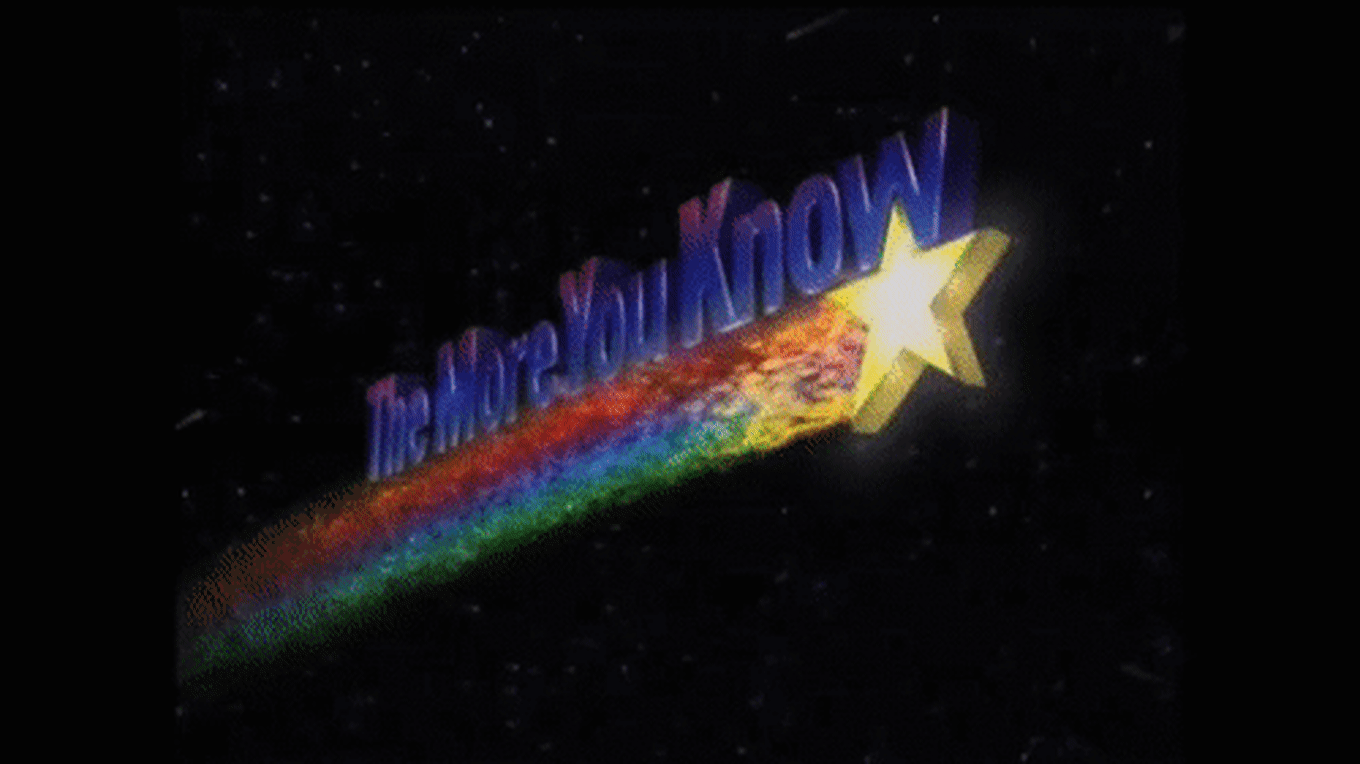
Despite the mass proliferation of hashtags to categorize content, Twitter failed to innovate beyond the initial phenomenon.
Hashtags still take up character counts and are tedious to add.
There's so much room for improvement—use your imagination.
Writing experience
What about the Twitter writing experience?
Here I am, writing an essay for the platform, forced to use a (great) tool like @typefully to draft and schedule it.
Why doesn't Twitter provide an editor with this functionality? Doesn't it see the use case for its users?
At least @typefully exists 🙏🏻 But think about it—how much would it theoretically cost to build an app like Typefully in-house at Twitter?
— Keenan Payne (@KeenanPayne_) May 28, 2022
Does it cost $10m? $100m? $500m? $1b? Idfk.
BUT I SURE AS HELL KNOW IT COSTS LESS THAN $30B 🤯 pic.twitter.com/56ZZpBIYaF
Character limits
Imposing a character limit is interesting, and working within such limitations can be a forcing function for focused writing.
Still, it's not ideal for long-form writing, and I'm sure Twitter's inflexibility on this front disincentivizes folks who don't want such limitations.
Consuming long-form content isn't any better unless you use the "Reader" feature, available with Twitter Blue for $4.99/mo.
Because a halfway-decent reading experience is a "premium" feature.
As if they couldn't offer this for free and shove ads on it as they do elsewhere 🙄
Relax while Reader turns those long Threads into a more beautiful reading experience pic.twitter.com/v5thmTfGcz
— Twitter Blue (@TwitterBlue) November 9, 2021
Tweet editing
Let's dive into one recent "innovation"—the ability to edit a tweet.
Wow, what an idea.
Twitter rolled this out on September 1st, sixteen years after the product was released. Despite users asking for editing for years, Twitter still managed to bungle the execution 🤦🏻♂️
Tweet editing is limited to users with a Twitter blue subscription ($4.99/mo) because, of course.
More annoying is that after paying for basic functionality, you still can't edit a tweet older than 30 minutes. WHY!?
It's editing, for Christ's sake. Not a fucking up-sell.
With thousands of employees and billions of dollars, Twitter bungled a feature that users have requested since the product's inception.
Why limit editing to a 30min window? Why not display an easily-accessible list of all edits to a tweet to maintain integrity?
IDK 🙄
Recent product developments
Twitter's own Product page shows an embarrassing lack of ambition...
- 🧑🤝🧑 Accessibility features that should've been added ages ago
- 🖼️ Mixed media tweets
- 🤦 Paywalled tweet editing
- 🔵 Tweeting to specific groups
- 📹 Unoriginal video viewing UX
Twitter's acquisitions
The incompetence on display at Twitter isn't limited to its lack of technical innovation. It's evident in the company's inability to capitalize on numerous acquisitions.
Follow along as we revisit just a couple of Twitter acquisition missteps...
Remember Vine, the precursor to apps like TikTok and the rise of now-ubiquitous video shorts/reels?
Twitter purchased Vine in 2012 for $30m and shuttered the app in 2015 when it had over 200m active users.
What could Vine have become if Twitter had never purchased it?
What about Periscope, which Twitter purchased for $50–100m in 2015?
Despite Twitter's foresight into live-streaming video, the company was unable to integrate the ambitions of Vine or Persicope into its app in a way that transcends either company's initial ambitions.
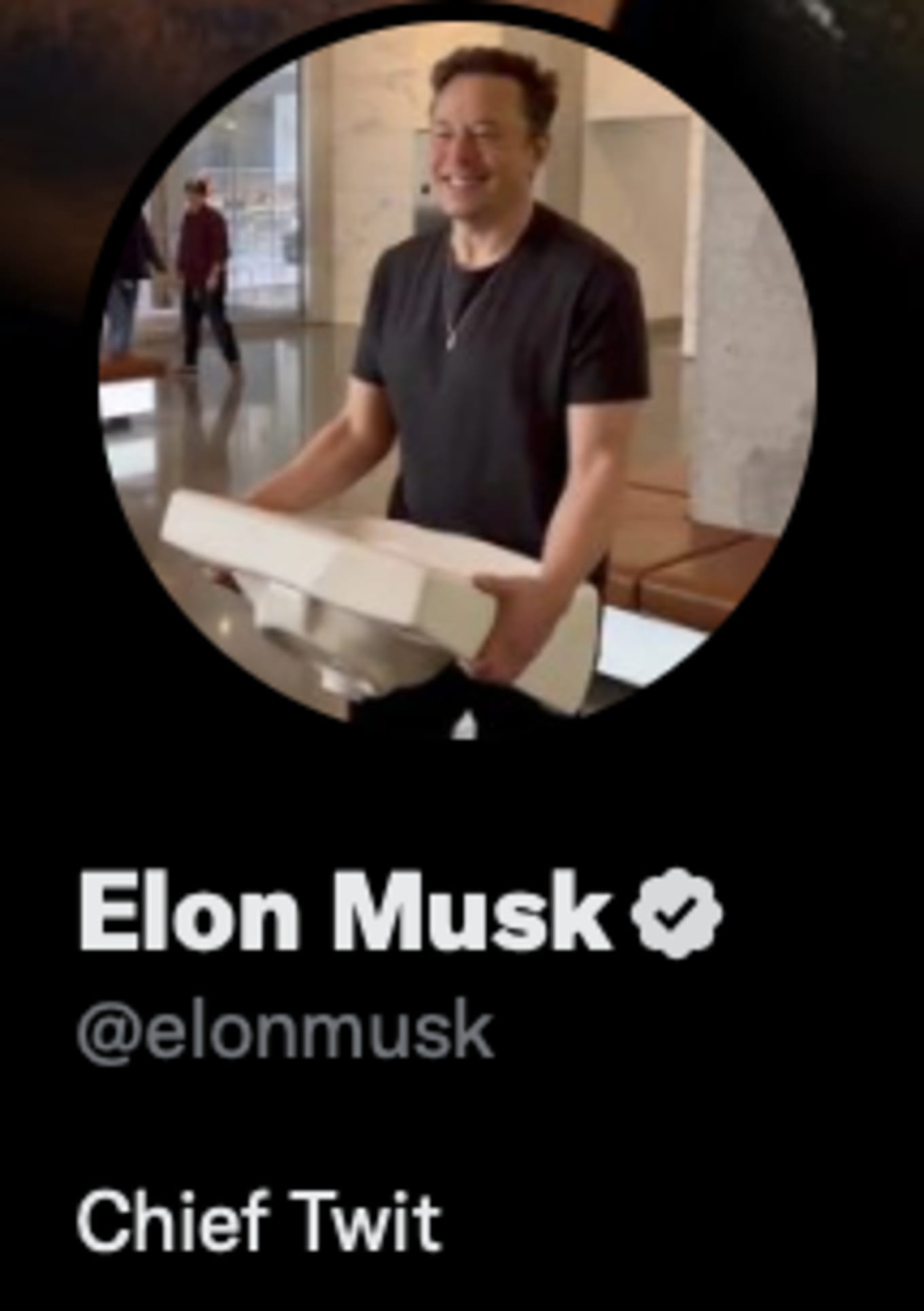
Final thoughts
In short, Twitter is defined more by its limitations than by its innovations.
The company's dwindling user base and lackluster engagement prove this to be true.
While you can cut costs to improve margins, Twitter can only save itself by fundamentally reimagining its vision.
Elon Musk paid $44b for an unoriginal social media app with a floundering user base, unimpressive revenue, and little differentiation from other platforms.
Chief Twit, indeed. [1]
If you want a deep dive into why Elon Musk purchasing Twitter will be troublesome from a content moderation and political policy perspective, I highly recommend @reckless's article on The Verge, Welcome to hell, Elon.
Footnotes
A "twit" is defined as "a silly or foolish person" by most dictionaries. I'm unsure whether Elon is aware of this fact. ↩︎
